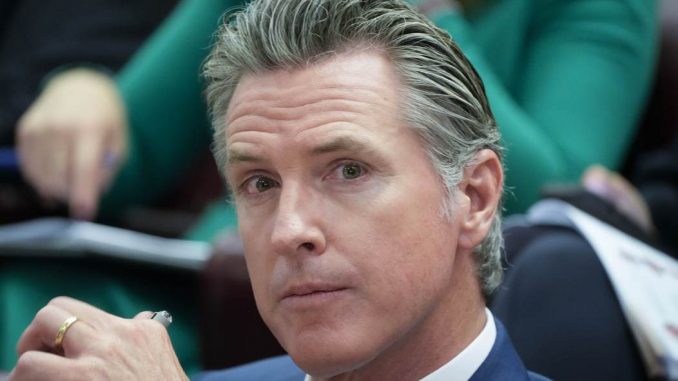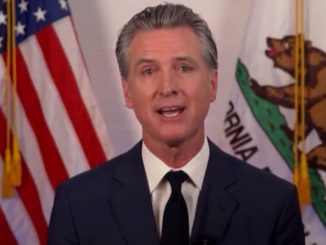
| Published June 25, 2025
The U.S. Department of Education has concluded that California’s current policies on transgender student-athletes violate Title IX, the federal law that prohibits sex-based discrimination in education. At the center of the dispute is the state’s allowance of transgender girls—biological males—to compete in female sports, a move the federal government says undermines fairness and equity for female athletes. The decision has triggered sharp responses from both state officials and national observers, highlighting deep divisions over how gender identity should be addressed in schools.
Sat down with a powerhouse group of all-female reporters for Title IX Month to share our continued efforts to defend women’s rights! pic.twitter.com/th3Zi6xOSf
— Secretary Linda McMahon (@EDSecMcMahon) June 18, 2025
📌 Key Points: California Found in Violation of Title IX
-
The U.S. Department of Education’s Office for Civil Rights (OCR) determined that the California Department of Education and the California Interscholastic Federation (CIF) are in violation of Title IX, the federal law that bans sex-based discrimination in schools.
-
The violation involves California’s policy of allowing transgender girls (biological males) to compete in female sports and access female-only spaces, which the OCR says unfairly disadvantages biological girls.
-
The federal government issued a resolution proposal that requires California to:
-
Restore any lost awards or records to biological girls.
-
Prevent transgender athletes from competing in female categories.
-
Send apology letters to affected athletes.
-
Define “male” and “female” based solely on biological sex, not gender identity.
-
-
California has been given 10 days to comply, or it may face referral to the Department of Justice and potential loss of federal education funding.
-
The probe began after a transgender athlete competed in high school girls’ track events, triggering public backlash and a federal investigation.
-
Governor Gavin Newsom rejected the federal findings, calling them “dramatic” and “completely divorced from reality,” and signaled that California would resist.
Today, @usedgov let @GavinNewsom know his state’s policies are in violation of Title IX several times over. Letting men beat women in their sport of choice is illegal and wrong.
You can either stand up for women or answer to the law. pic.twitter.com/96eMOT6huo
— Secretary Linda McMahon (@EDSecMcMahon) June 25, 2025
 Implications of the Title IX Violation Finding
Implications of the Title IX Violation Finding
-
Legal Precedent
This decision sets a strong precedent for how Title IX will be interpreted going forward—favoring a biological definition of sex over gender identity. Other states with similar inclusive policies may now face federal investigations or lawsuits. -
Impact on Transgender Participation in Sports
If enforced, the resolution could bar transgender girls from female sports, reshaping athletic eligibility rules across public schools and affecting how states handle gender identity in education. -
Federal Funding at Risk
California could lose millions in federal education funding if it refuses to comply, putting pressure on school districts statewide and creating potential legal battles over state vs. federal authority. -
Restoration of Awards and Records
Female athletes who lost placements, titles, or records to transgender competitors may see those achievements reinstated, which could prompt a wave of appeals or complaints in other states. -
Cultural and Political Fallout
The ruling escalates tensions between federal agencies and progressive states. It may become a national flashpoint in upcoming policy debates, court cases, and elections.
💬 Overall Takeaway:
The federal government’s finding that California violated Title IX marks a significant moment in the ongoing national debate over gender identity and student athletics. With legal, financial, and political consequences on the line, California now faces a critical decision: revise its policies to comply with federal standards or challenge the ruling in court. As this conflict unfolds, its outcome could reshape the future of youth sports, civil rights enforcement, and how schools nationwide balance inclusion with fairness.





Be the first to comment